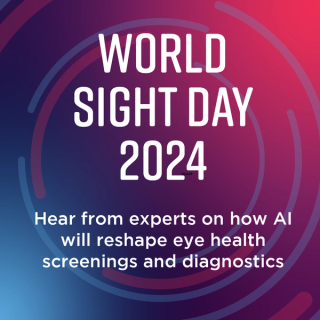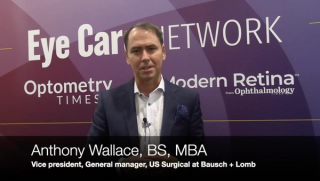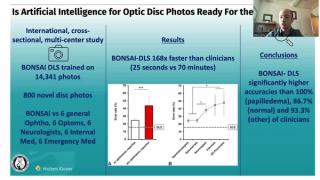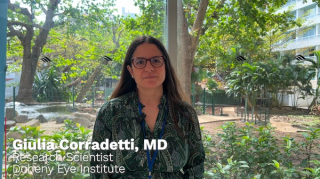
Technology
Latest News
Latest Videos

CME Content
More News

Fluorescence lifetime imaging ophthalmoscopy is emerging as a valuable tool to reveal previously hidden links between retinal changes and systemic disease.
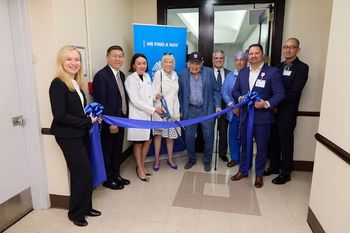
The center aims to optimize patients' vision with a range of cataract and corneal refractive procedures and minimize reliance on glasses and contacts.

Deep learning discerns IIH, NAION, and normal eyes using single fundus image.

NASA’s development of autonomous eye imaging technologies for astronauts aboard the International Space Station is paving the way for remote, high-quality eye care both in deep space and underserved regions on Earth.

This noninvasive imaging tool reveals early brain pathology through the eye, promising faster and more accurate diagnoses as highlighted at the Heidelberg 2025 International SPECTRALIS Symposium – And Beyond (ISS).
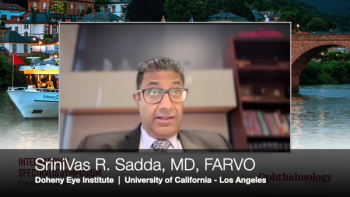
Improved axial resolution allows clearer visualization of early atrophic changes, including iRORA vs cRORA differentiation, as shared at the Heidelberg 2025 International SPECTRALIS Symposium – And Beyond (ISS).

From basal laminar deposits to foveal centering, a new framework refines what clinicians see—and what they treat—in outer retinal disease, as presented at the Heidelberg 2025 International SPECTRALIS Symposium – And Beyond (ISS).

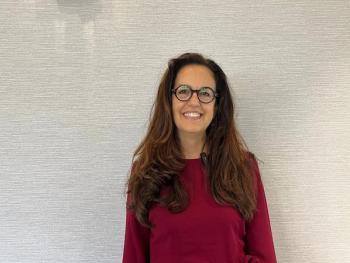
Sharon Fekrat, MD, FACS, FASRS, highlights the critical importance of networking and collaboration in the medical field, particularly in ophthalmology.

This partnership aims to address care gaps by identifying untreated and undertreated patients at scale.

Join global experts at the 2025 International SPECTRALIS Symposium in Heidelberg, exploring innovations in ophthalmology and space-related ocular health.

By making these retinal pigment epithelium (RPE) cells visible, researchers have created implications for early detection of disease and the monitoring of treatment response.

Topcon Healthcare launches IDHea, an innovative platform enhancing AI research and ocular data access to improve clinical outcomes in healthcare.

Outcomes from high myopia LASIK using the Teneo laser platform demonstrate strong visual stability and patient satisfaction, with reduced dysphotopsias and minimal reliance on cycloplegia or nomograms.
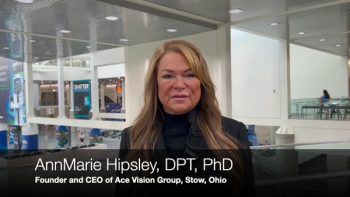
The Virtual Eye Simulation Analyzer is an AI-driven digital twin of the human eye designed to model aging and personalize presbyopia treatment across the lifecycle.

ZEISS Research Data Platform is a cloud-based, AI-driven solution designed to transform ophthalmic research workflows.
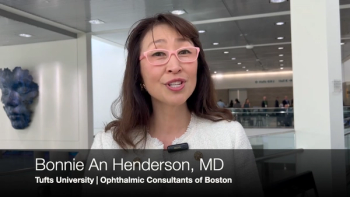
AI’s use in diagnostic tools, surgical guidance, and its ethical considerations in ophthalmology are transforming the field

Authors of the study believe this potential will provide clinicians with valuable information about patient responses to treatment.
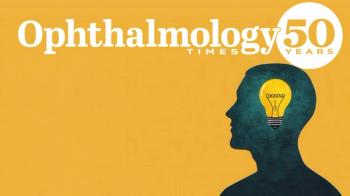
Celebrating a half-century of progress with Ophthalmology Times.

Updated guidelines characterize IOLs by functional performance over optical design.

In their study, 16 ophthalmologists, including attending physicians and residents with levels of experience ranging from 1 to 9 years, were included.

The partnership will integrate Ocuco’s optical software solution, Acuitas 3, with Nextech’s Ophthalmic Platform.

Compensation techniques in swept-source optical coherence tomography angiography improve accuracy by correcting signal loss from drusen and other artifacts
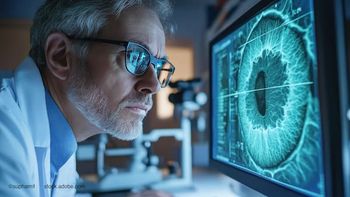
Researchers introduce a multistage dual-branch network to improve accuracy and efficiency

Although it improved interdisciplinary communication, ongoing review and safety monitoring are necessary for successful clinical implementation.







